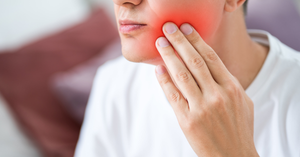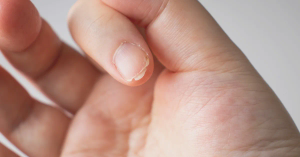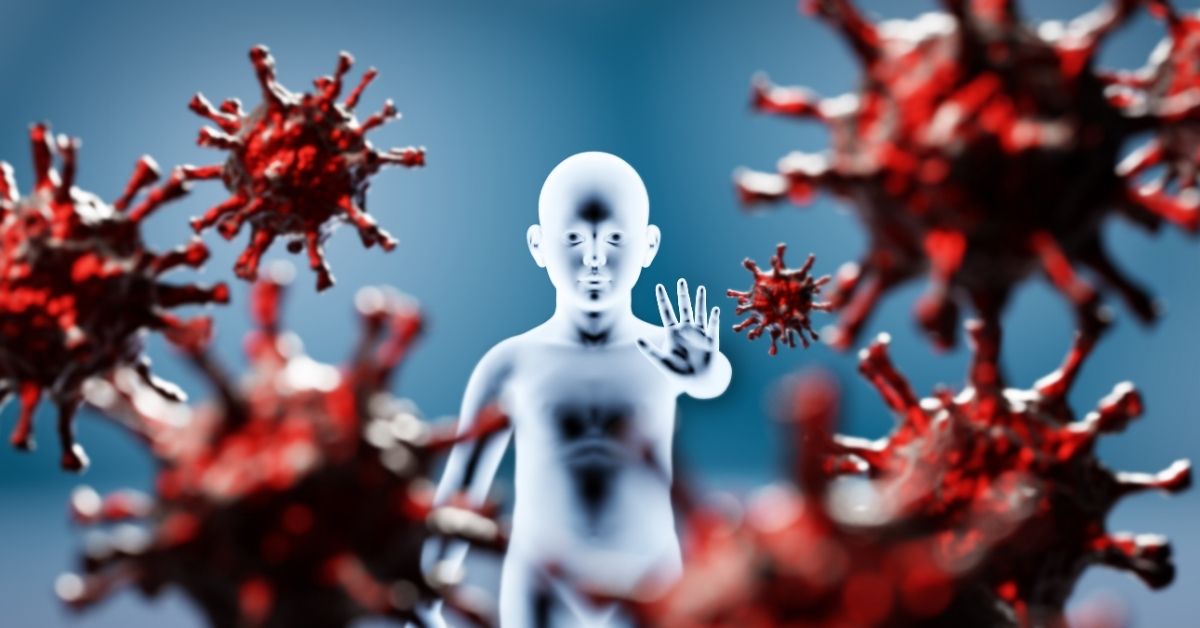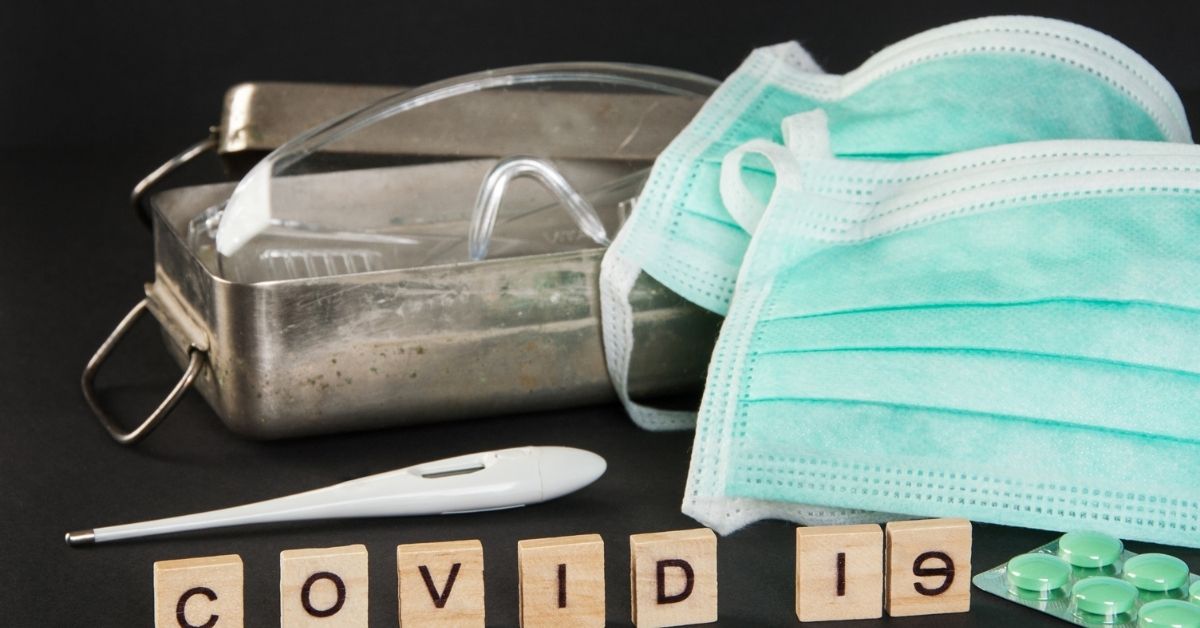The teenage years are a period of rapid growth, development, and hormonal changes. As teenagers engage in physical activities like weightlifting, sports, or fitness training, many wonder whether gym supplements or protein powders are necessary to support their development and athletic performance. With marketing campaigns targeting young audiences and gym-goers, the use of supplements has become a topic of debate among parents, fitness trainers, and healthcare professionals.
This article explores the nutritional needs of teenagers, examines whether gym supplements or protein powders are necessary, and provides guidance from experts and research-backed insights.
Understanding Teenagers' Nutritional Needs
During adolescence, the body undergoes significant growth, with increases in muscle mass, bone density, and overall physical development. According to the World Health Organization (WHO), proper nutrition is essential for supporting this growth. A balanced diet rich in vitamins, minerals, proteins, carbohydrates, and fats is critical during this time.
The primary nutritional requirements for teenagers include:
- Protein: Essential for muscle repair, growth, and development.
- Carbohydrates: The main source of energy for physical activities.
- Fats: Important for overall health and hormone regulation.
- Vitamins and Minerals: Crucial for bone health, immune function, and overall growth.
While these nutritional needs are higher during adolescence, it’s important to remember that most teenagers can meet their requirements through a balanced diet without the need for supplements.
The Role of Protein in Teenage Development
Protein is a macronutrient essential for muscle repair, growth, and recovery, particularly for teenagers who engage in physical activities like sports or resistance training. The Recommended Dietary Allowance (RDA) for protein in teenagers is about 0.85 grams per kilogram of body weight per day, which is generally achievable through diet alone.
For example, a teenager weighing 60 kg would need around 51 grams of protein per day. This amount can be easily met through common foods such as:
- 1 chicken breast (around 30 grams of protein)
- 1 cup of cooked lentils (around 18 grams of protein)
- 1 egg (around 6 grams of protein)
- 1 cup of yogurt (around 10 grams of protein)
Given that the average teenage diet includes a variety of protein sources, supplementation may not be necessary for the majority of teens. However, teens who follow strict diets (e.g., vegetarian or vegan) or who have specific dietary restrictions might need guidance to ensure they’re getting enough protein.
Are Protein Powders Necessary for Teenagers?
Protein powders, marketed as a quick and convenient way to boost protein intake, are often seen as essential for building muscle and enhancing athletic performance. However, most teenagers do not need protein powders to meet their nutritional needs. In fact, according to the American Academy of Pediatrics (AAP), the majority of adolescents who engage in physical activity can achieve optimal muscle development through a well-balanced diet.
The AAP advises against the routine use of protein powders in teenagers due to the following concerns:
- Overconsumption of Protein: Excessive protein intake can put unnecessary strain on the kidneys, especially in teenagers. While the body needs protein to build and repair tissues, consuming too much protein through powders or supplements is not beneficial and can lead to imbalances in other nutrients.
- Lack of Regulation: Unlike food products, dietary supplements (including protein powders) are not strictly regulated by the U.S. Food and Drug Administration (FDA). This means that some protein powders may contain harmful ingredients, additives, or even banned substances that could be harmful to a teenager's developing body.
- Nutritional Imbalance: Relying on protein powders might lead to a diet deficient in other essential nutrients, such as carbohydrates, healthy fats, vitamins, and minerals, which are just as crucial for a teenager's growth and energy needs.
- Unnecessary Costs: Protein powders can be expensive and, for most teenagers, are an unnecessary financial burden when their nutritional needs can be met through whole foods.
Common Gym Supplements for Teenagers: Are They Needed?
In addition to protein powders, many gym supplements such as creatine, branched-chain amino acids (BCAAs), pre-workouts, and fat burners are marketed to teenagers. However, most of these supplements are unnecessary and may even be harmful.
1. Creatine
Creatine is a naturally occurring substance in the body that helps supply energy to muscles during high-intensity exercises. Some studies have shown that creatine supplementation can improve performance in adults, particularly in sports requiring short bursts of energy like weightlifting or sprinting.
However, the use of creatine by teenagers is controversial. According to the AAP, there is not enough evidence to support the safety of creatine supplementation in adolescents. As a result, healthcare professionals generally advise against creatine use in teenagers, especially without proper medical guidance.
2. Branched-Chain Amino Acids (BCAAs)
BCAAs are often marketed as essential for muscle recovery and growth. While BCAAs can play a role in muscle protein synthesis, teenagers who consume a well-balanced diet that includes complete protein sources (such as eggs, dairy, fish, and meat) will naturally obtain enough BCAAs from their food.
Supplementing with BCAAs is usually unnecessary for teenagers, as they can easily meet their amino acid needs through a normal diet.
3. Pre-Workout Supplements
Pre-workout supplements typically contain stimulants like caffeine, which are designed to boost energy and enhance workout performance. However, high caffeine intake can have adverse effects on teenagers, including anxiety, sleep disturbances, increased heart rate, and dehydration.
The AAP advises limiting caffeine consumption in adolescents due to its potential impact on their developing brains and bodies. Instead of relying on pre-workout supplements, teenagers should focus on natural energy sources, such as proper hydration and a balanced diet rich in complex carbohydrates.
4. Fat Burners
Fat burners are marketed as weight loss supplements that accelerate fat loss through thermogenesis or appetite suppression. However, these supplements often contain stimulants or other unregulated ingredients that can have harmful side effects. Fat burners are not recommended for teenagers, as they can interfere with normal growth and development.
Expert Advice on Gym Supplements for Teenagers
Healthcare professionals, including nutritionists and pediatricians, generally recommend that teenagers meet their nutritional needs through whole foods rather than supplements. Dr. Claire McCarthy, a pediatrician at Boston Children’s Hospital, emphasizes that “teens should focus on a well-balanced diet that supports their overall development and athletic performance.” Supplements may be useful in certain cases where there are dietary gaps (e.g., for vegetarians or those with food allergies), but this should be determined by a healthcare provider.
According to the American Council on Exercise (ACE), strength training and athletic performance in teenagers should prioritize proper nutrition, rest, and exercise form. Supplements should not be considered a substitute for these foundational elements of health and fitness.
The World Health Organization (WHO) also emphasizes the importance of a varied diet rich in fruits, vegetables, proteins, and whole grains, which can provide all the necessary nutrients for growth and physical development.
Alternatives to Supplements for Teenagers
Instead of resorting to protein powders and supplements, teenagers can adopt healthier and more sustainable strategies for muscle development and athletic performance, including:
- Whole Foods: A diet that includes a variety of protein-rich foods (such as lean meats, fish, eggs, legumes, nuts, and dairy) provides all the necessary nutrients without the risks associated with supplements.
- Hydration: Drinking plenty of water is crucial for athletic performance and recovery. Dehydration can impair physical activity and lead to fatigue, so teens should ensure they stay well-hydrated throughout the day.
- Sleep: Adequate rest is essential for muscle recovery and overall growth. Teenagers should aim for 8-10 hours of sleep per night to allow their bodies to repair and grow after physical activity.
- Balanced Training: Properly structured workouts that focus on strength, endurance, flexibility, and rest are key to improving athletic performance without over-relying on supplements.
Conclusion
In conclusion, most teenagers do not need gym supplements or protein powders to support their physical development and athletic performance. A well-balanced diet that includes natural sources of protein, carbohydrates, fats, vitamins, and minerals is sufficient to meet their nutritional needs. While supplements may be useful in specific cases, such as for those with dietary restrictions, they should only be used under medical guidance.
Focusing on whole foods, proper hydration, adequate rest, and a balanced exercise routine will help teenagers build strength and maintain overall health without the need for unnecessary and potentially harmful supplements.








